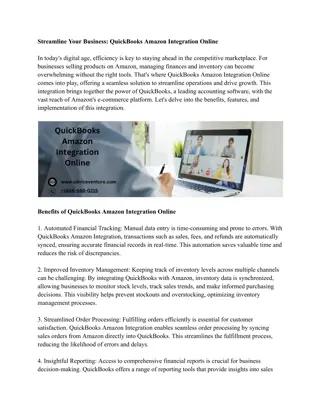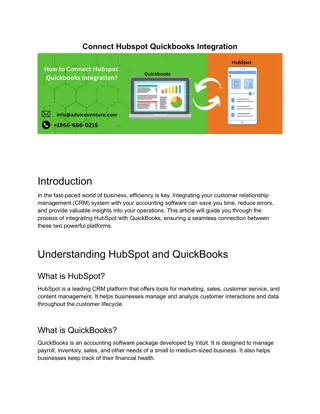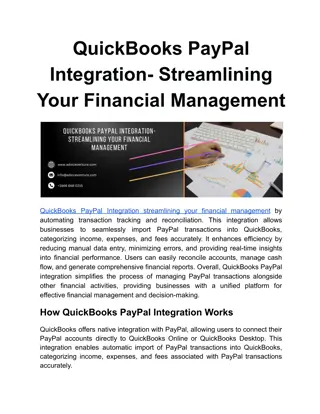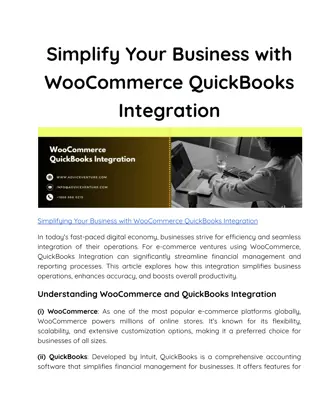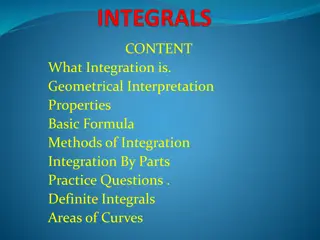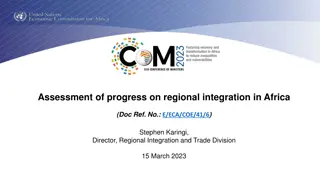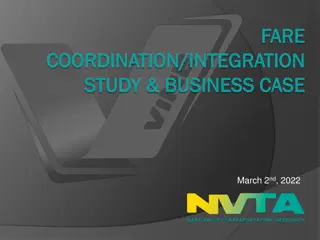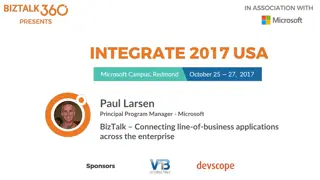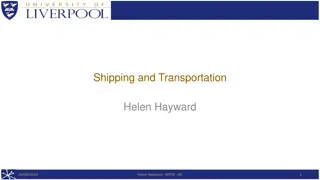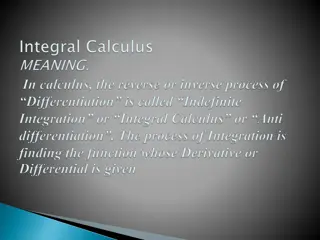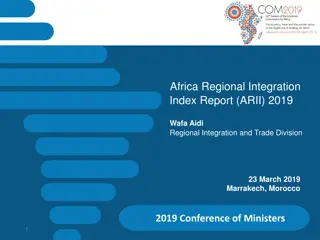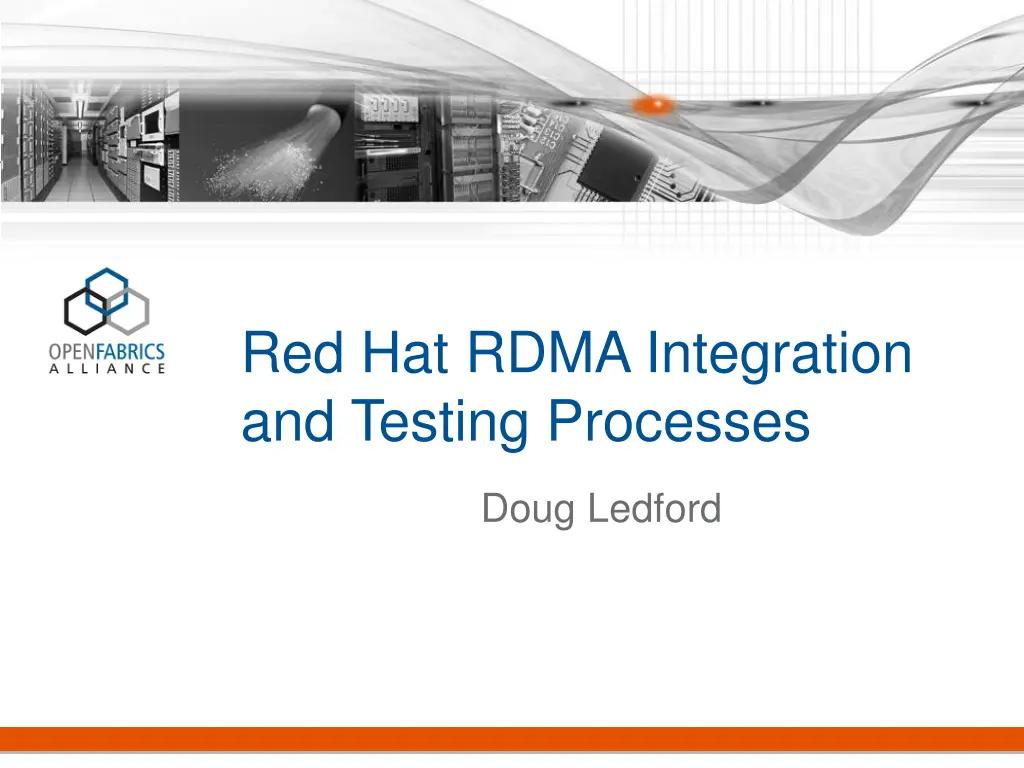
Red Hat RDMA Integration and Testing Processes Overview
Explore the historical and current Red Hat Enterprise Linux releases, integration processes, and testing environment for RDMA technology. Learn about the evolution of RDMA support and the comprehensive testing matrix used to ensure performance and compatibility. Stay updated on the latest advancements in RDMA integration and testing with Red Hat.
Download Presentation

Please find below an Image/Link to download the presentation.
The content on the website is provided AS IS for your information and personal use only. It may not be sold, licensed, or shared on other websites without obtaining consent from the author. If you encounter any issues during the download, it is possible that the publisher has removed the file from their server.
You are allowed to download the files provided on this website for personal or commercial use, subject to the condition that they are used lawfully. All files are the property of their respective owners.
The content on the website is provided AS IS for your information and personal use only. It may not be sold, licensed, or shared on other websites without obtaining consent from the author.
E N D
Presentation Transcript
Red Hat RDMA Integration and Testing Processes Doug Ledford
Historical Releases Red Hat Enterprise Linux 4 Utilized OFED for both kernel code and user space packages Took in all of the support present in OFED The version of the openib rpm was == the version of OFED we pulled into any given release Red Hat Enterprise Linux 5 Utilized OFED for kernel code, but went directly to upstream releases for user space code Did not take in all of OFED kernel code either, specifically excluded features not accepted upstream The version of the openib rpm was == to the version of OFED we pulled the kernel support from April 2-3, 2014 #2014IBUG 2
Current Releases Red Hat Enterprise Linux 6 and upcoming 7 Uses upstream kernel code. Uses upstream user space packages. Uses a new package named rdma as the base kernel configuration package. Starting with EL 6.3 and later, the version of the rdma package can be used to determine the version of the upstream kernel that we pulled the RDMA support from for the current EL kernel. For instance, in EL 6.3, the rdma package is version 3.3, so for that release the core RDMA kernel support came from the upstream version 3.3 Linus kernel. For EL 7, we also encode the release number into the rdma package version to ensure proper sorting. For instance, EL 7.0 s rdma package is currently version 7.0_3.13_rc8-3.el7 April 2-3, 2014 #2014IBUG 3
Integration for current releases We perform a full kernel RDMA stack refresh with each point release, but we weed out patches that can t be taken due to need for other items that would break kABI in our kernels (the RDMA stack is exempt from the kABI list and has been since EL 4). The git whatchanged and git cherry-pick commands are essential for this work. We grab whichever user space packages have updated since the last point release, and rebuilt all dependent packages even if the dependent package didn t have it s own source update. April 2-3, 2014 #2014IBUG 4
Testing Environment We have a specific cluster we use to test every update. 56GBit/s Mellanox InfiniBand switch on one fabric 40GBit/s Intel InfiniBand switch on another fabric 40GBit/s Mellanox Ethernet switch on another fabric 10GBit/s Dell Ethernet switch on another fabric We test a fairly complete matrix of all possible combinations of InfiniBand, iWARP, RoCE/IBoE, P_Keys, VLANs, and SRIOV. And across this matrix we run high level tests (such as MPI tests) as well as low level tests (simple pings run overnight in a loop) and performance oriented tests. April 2-3, 2014 #2014IBUG 5
Testing Environment (cont.) We test across a wide array of host adapters mthca, mlx4, mlx5, qib, cxgb3, cxgb4, ocrdma Where possible, we specifically attempt to test cross driver compatibility with each release Testing is mostly automated We have an install environment that installs the latest release, installs our internal test harness, then runs a complete set of automated tests across the appropriate subset of machines for each test type. Failures are flagged for further analysis. April 2-3, 2014 #2014IBUG 6
Questions? No? Awesome, I must have explained everything perfectly! April 2-3, 2014 #2014IBUG 7

